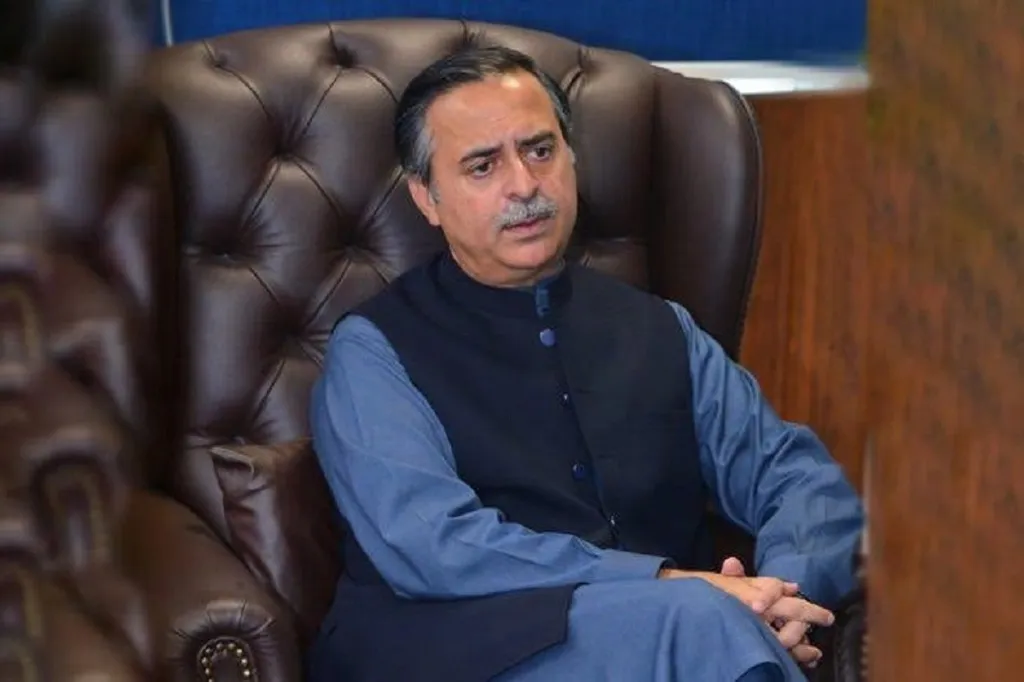Pakistan has thrown down the gauntlet with a bold proposal to create a new “Regional Maritime Dialogue,” aiming to unite countries from the GCC, Central Asia, and Africa. Maritime Minister Muhammad Junaid Anwar Chaudhry framed the initiative as a collective response to the tangled challenges of operational efficiency, environmental pressures, and technological leaps across interconnected shipping lanes.
This isn’t just another talking shop. The proposal lands as global maritime regulators tighten environmental rules, push digital navigation systems, and demand new safety protocols in increasingly crowded seas. Regions like the Arabian Sea, Gulf waters, and the western Indian Ocean are under the gun—climate vulnerabilities are rising, technology is evolving at breakneck speed, and shipping volumes are surging. Yet, experts warn that regional coordination frameworks are fragmented, diluting collective influence at global forums like the International Maritime Organization (IMO).
Chaudhry didn’t mince words at a high-level breakfast reception hosted by Pakistan at the IMO Headquarters in London, attended by delegations from over 173 countries, including more than 100 maritime ministers. “The fast-changing global maritime landscape demanded new regional mechanisms that could help countries collectively respond to operational, environmental, regulatory, and technological challenges,” he declared.
Pakistan isn’t just inviting neighbors to the table—it’s aiming to lead. The country seeks deeper collaboration with “friendly partners, particularly Saudi Arabia, the UAE, Qatar, other GCC states, Central Asia, and Africa” to jointly build this proposed dialogue. The focus? Emissions, safety, and navigation, leveraging Pakistan’s existing role in the IMO’s global navigational warning system. Under the World-Wide Navigational Warning Service (WWNWS), Pakistan oversees NAVAREA IX, covering the Arabian Sea, Gulf waters, and parts of the Indian Ocean.
Chaudhry drew inspiration from the Small Island Developing States (SIDS), a coalition of 39 low-lying island and coastal countries that have successfully shaped IMO policy by presenting unified positions on emissions and climate concerns. He envisions the new dialogue functioning as a coordinated bloc, allowing participating countries to present a single, coherent position on major maritime issues at global forums.
But Pakistan isn’t stopping at dialogue. The minister proposed establishing a Regional Maritime University and a Regional Maritime Training Institute to address the growing needs created by new IMO regulations, autonomous shipping, digitization, and artificial intelligence. These institutions would support “AI-enabled STCW compliance,” ensuring that seafarers from Pakistan and the broader region receive training aligned with emerging global standards.
The Standards of Training, Certification, and Watchkeeping (STCW) Convention is the IMO’s core framework governing the minimum qualifications for masters, officers, and watch personnel. As the convention undergoes revisions to integrate digital navigation, automation, and emerging technologies, the burden on national maritime administrations and training academies is mounting. Curricula, certification systems, and simulators must all keep pace with the shift toward more technologically advanced fleets, including early-stage autonomous and remotely operated ships.
Chaudhry also highlighted Pakistan’s broader modernization plans, announcing a plan to establish a Pakistan-made terminal and stressing that ongoing projects, including work at the Gadani shipyard and industrial zone, are being executed in full compliance with IMO regulations. “The pinnacle of maritime diplomacy is the IMO, and Pakistan is ready to play a proactive role in shaping regulations that reflect the needs of our region,” the minister added.
Speaking about the region’s exposure to extreme weather, Chaudhry noted that Pakistan had endured repeated climate-driven disasters in recent years. “We have faced three major climate-induced floods in recent years, leading to massive financial losses and tragic human casualties,” he said, stressing that “our maritime policies must reflect our vulnerabilities and our priorities.”
At the event, Chaudhry and IMO Secretary-General Arsenio Dominguez inaugurated the model of the PNSC Ship KARACHI, one of three new ships the Pakistan National Shipping Corporation plans to purchase, named after major Pakistani cities Karachi, Lahore, and Quetta.
This proposal isn’t just about Pakistan flexing its regional muscles—it’s a call to action for coordinated, collective action in an era of rapid change. If successful, the Regional Maritime Dialogue could reshape how countries in the GCC, Central Asia, and Africa navigate the complexities of modern maritime governance, ensuring their voices are heard on the global stage.

